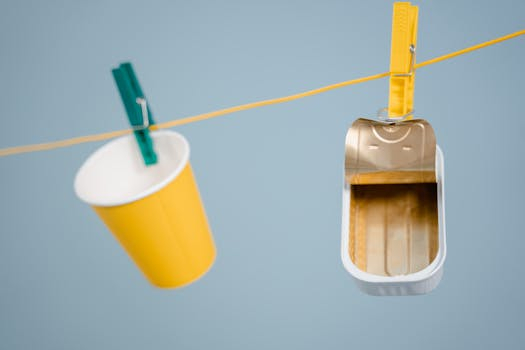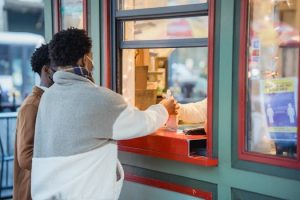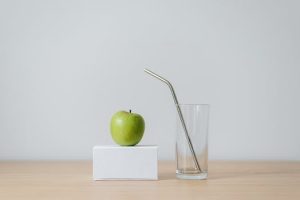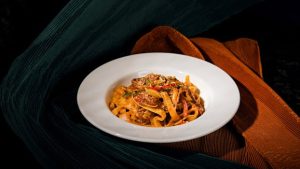Upcycled Alchemy: Transforming Waste into Culinary Gold.
When it comes to cooking, chefs are always looking for new ways to innovate and create unique dishes. In recent years, there has been a growing focus on sustainable and environmentally-friendly practices in the culinary world. One trend that has been gaining traction is the concept of upcycled alchemy – the transformation of waste into culinary gold. In this article, we will delve into the world of upcycled alchemy and explore how it is changing the landscape of the food industry.
The Art of Upcycled Alchemy
Upcycled alchemy involves the repurposing of food by-products or scraps that are typically discarded into new and creative dishes. This revolutionary approach to cooking not only reduces food waste but also adds a whole new dimension to the culinary experience.
The Importance of Reducing Food Waste
Food waste is a major issue that has far-reaching consequences. According to the United Nations Food and Agriculture Organization (FAO), approximately one-third of the food produced globally is wasted, equivalent to 1.3 billion tonnes annually. This is not only a moral and ethical concern, but it also has significant economic and environmental impacts.
Reducing food waste is crucial in the effort to combat climate change. When food ends up in landfills, it decomposes and produces methane, a potent greenhouse gas. By repurposing food waste, we not only reduce methane emissions but also save the resources that would have been used to produce the food in the first place.
The Rise of Upcycled Alchemy
Upcycled alchemy is not a new concept, but it has gained popularity in recent years. Many renowned chefs and restaurants have embraced this approach and have started incorporating upcycled ingredients into their menus. Dan Barber, the co-owner and executive chef of Blue Hill in New York, is one such chef who has championed this movement.
Barber’s menu features dishes made from ingredients that would typically be discarded, such as vegetable pulp, fish bones, and whey. In an interview with Time Magazine, he said, “The beauty of using upcycled ingredients is that it forces you to think outside the box and creates a deeper connection with the food we eat.”
Transforming Waste into Culinary Gold
So, what are some examples of upcycled alchemy in action? Let’s take a look at a few innovative dishes that have transformed waste into culinary gold.
Carrot Top Pesto
Carrot tops, the leafy greens usually trimmed off and discarded, make the perfect replacement for basil in this green pesto. It is a flavorful and nutrient-rich alternative that reduces food waste and adds a unique twist to a classic dish.
Banana Peel Bacon
Yes, you read that right – banana peel bacon. This vegan alternative to bacon is made by marinating the peels in a savory mixture and then baking them to a crisp. Not only does it reduce food waste, but it also provides a tasty option for those looking for a plant-based alternative.
Beetroot Powder
Ever wonder what happens to the pulp after juicing beets? Many people throw it away, but it can actually be dried and ground into a fine powder. This powder can then be used in a variety of dishes, providing a nutritious and colorful addition to meals.
The Future of Upcycled Alchemy
With the increasing focus on sustainability and responsible consumption, it is likely that upcycled alchemy will continue to grow in popularity. As chefs and home cooks become more aware of the environmental and economic impacts of food waste, they will be more inclined to adopt this approach in their cooking.
In Conclusion
Upcycled alchemy is transforming waste into culinary gold, creating unique and delicious dishes while reducing food waste. By incorporating these practices into our lives, we can not only help reduce our environmental impact, but also create a more sustainable future for generations to come. So, the next time you are about to discard food scraps, think about the endless possibilities of upcycled alchemy and get creative in the kitchen.











